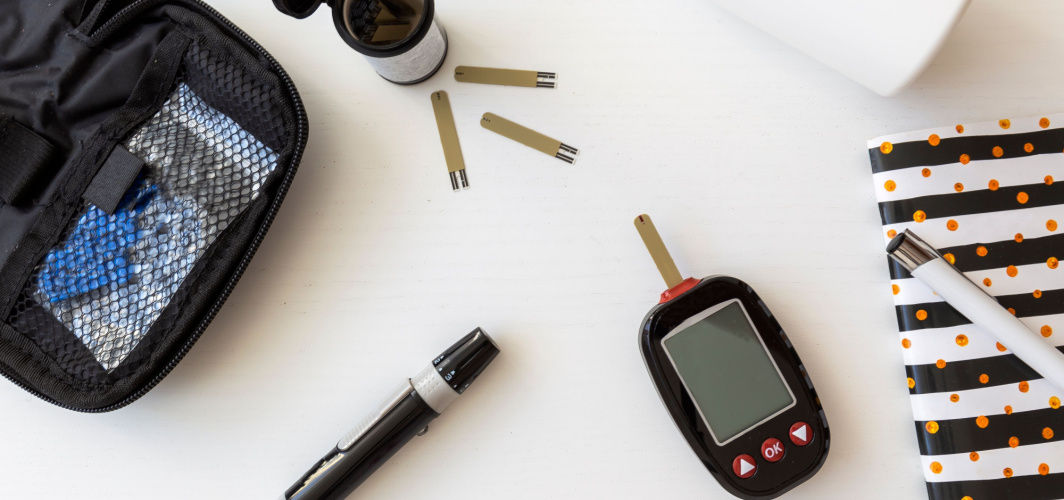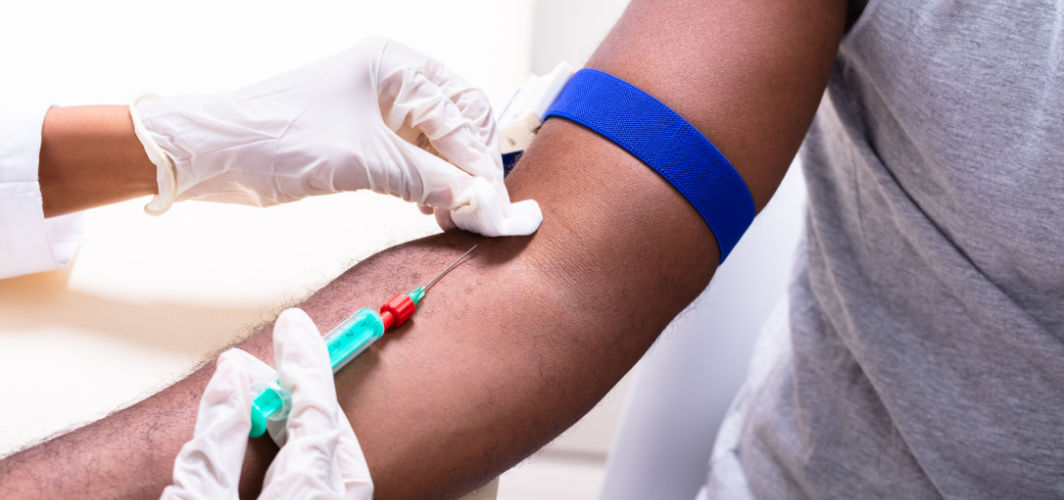Diabetes Management
Managing Diabetes for Successful Dental Implants
1 min read
By Apollo 24|7, Published on - 08 May 2024
Share this article
0
0 like
.jpg?tr=q-80)
When it comes to dental implants, individuals managing diabetes face their unique challenges. Like any surgery, dental implant procedures demand a healthy immune system for successful healing. However, with diabetes, this can be complicated due to slower healing and higher susceptibility to infections. It's important to understand these considerations and explore best practices to improve the chances of a successful procedure.
Diabetes-related Dental Implant Risks
Diabetes can affect the body's ability to fight off infections, putting individuals at an increased risk of oral health issues such as gum disease. This poses a challenge for dental implant treatment as it relies on osseointegration - the process where the jawbone bonds with the implant.
Key Practices for Successful Dental Implants
To bolster the likelihood of a successful dental implant procedure for individuals with diabetes, certain measures should be in place:
- Maintain Diabetes Control: Effective diabetes management is crucial. This involves working closely with your doctor to stabilise your blood sugar levels through diet, exercise, and medication.
- Prioritise Oral Health: A strict oral hygiene regimen is important due to the higher susceptibility to gum disease and tooth decay. This includes brushing twice a day and flossing daily.
- Address Gum Disease: Gum disease should be treated promptly before dental implant surgery. A healthier oral environment can enhance the success of implants.
- Schedule Regular Dental Check-ups: Regular check-ups allow monitoring of oral health and early detection of potential issues. Visits become even more important after dental implant placement.
With careful consideration and proactive practices, individuals managing diabetes can increase their chances of successful dental implant surgery.
While diabetes presents unique challenges regarding dental implants, they are not insurmountable. Effective diabetes management, prioritising oral hygiene, addressing existing oral health issues, and staying regular with dental check-ups can achieve successful results.
Diabetes Management
Consult Top Diabetologists
View AllLeave Comment
Recommended for you

Diabetes Management
A Step-By-Step Guide To Using A Glucometer
Regular blood sugar monitoring is crucial for effective diabetes management. Glucometers provide convenient at-home monitoring. Gather supplies: soap/alcohol prep pads, test strips, lancing device with lancet, and a notepad/smartphone app. Follow steps: clean hands, turn on glucometer, prick fingertip, apply blood to strip, stop bleeding, record results.
.jpg?tr=q-80)
Diabetes Management
Best Sports and Activities for People with Diabetes and Prediabetes
Managing diabetes or prediabetes isn't just about diet; physical activity plays a crucial role too. Football, swimming, cycling, walking, and resistance training can offer significant health benefits, including blood sugar control, cardiovascular health, and weight management. However, consistency is key — as is a personalised exercise plan. Consider the Apollo Super 6 programme for comprehensive support in managing your diabetes effectively.

Diabetes Management
Top 4 Tests For Diabetes Diagnosis
Top diabetes tests: Fasting Blood Sugar Test (FBS), Hemoglobin A1c Test, Oral Glucose Tolerance Test, Random Blood Sugar Test. FBS: ≥126 mg/dL indicates diabetes. A1c: ≥6.5% suggests diabetes. Oral Glucose Tolerance Test and Random Blood Sugar Test also diagnose diabetes.
Subscribe
Sign up for our free Health Library Daily Newsletter
Get doctor-approved health tips, news, and more.
Visual Stories

8 Fruits That are Incredibly Healthy for Diabetes
Tap to continue exploring
Recommended for you

Diabetes Management
A Step-By-Step Guide To Using A Glucometer
Regular blood sugar monitoring is crucial for effective diabetes management. Glucometers provide convenient at-home monitoring. Gather supplies: soap/alcohol prep pads, test strips, lancing device with lancet, and a notepad/smartphone app. Follow steps: clean hands, turn on glucometer, prick fingertip, apply blood to strip, stop bleeding, record results.
.jpg?tr=q-80)
Diabetes Management
Best Sports and Activities for People with Diabetes and Prediabetes
Managing diabetes or prediabetes isn't just about diet; physical activity plays a crucial role too. Football, swimming, cycling, walking, and resistance training can offer significant health benefits, including blood sugar control, cardiovascular health, and weight management. However, consistency is key — as is a personalised exercise plan. Consider the Apollo Super 6 programme for comprehensive support in managing your diabetes effectively.

Diabetes Management
Top 4 Tests For Diabetes Diagnosis
Top diabetes tests: Fasting Blood Sugar Test (FBS), Hemoglobin A1c Test, Oral Glucose Tolerance Test, Random Blood Sugar Test. FBS: ≥126 mg/dL indicates diabetes. A1c: ≥6.5% suggests diabetes. Oral Glucose Tolerance Test and Random Blood Sugar Test also diagnose diabetes.



